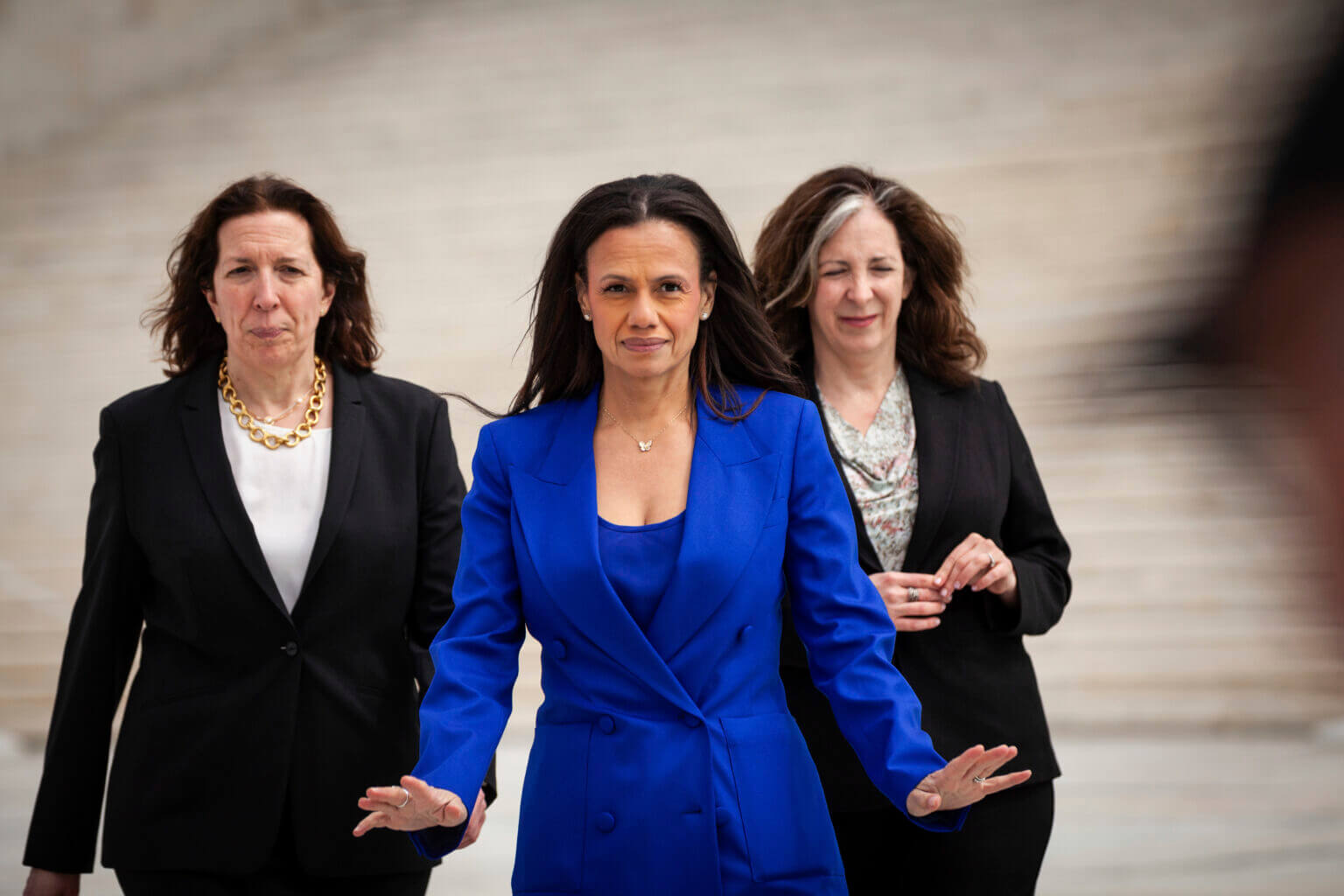Supreme Court Ruling Restricts Medicaid Patients’ Rights to Sue for Reproductive Health Services
In a closely divided decision on Thursday, the Supreme Court ruled against Planned Parenthood, asserting that Medicaid beneficiaries do not possess the legal standing to sue for access to non-abortion reproductive health care from the organization’s healthcare providers. This ruling marks a significant shift in the legal landscape surrounding Medicaid and reproductive rights, with broader implications for patients nationwide.
Impact on State Funding and Broader Reproductive Health Access
The verdict effectively permits South Carolina to cease Medicaid funding for Planned Parenthood, setting a precedent that could influence similar actions in other states. This decision arrives amid ongoing efforts by Republican lawmakers and the Trump administration to defund Planned Parenthood at the federal level, intensifying the political debate over reproductive health services.
Legal Background and the Court’s Decision
The Supreme Court’s 6-3 ruling, with all three liberal justices dissenting, overturned a lower court ruling that had previously allowed Planned Parenthood South Atlantic and a patient to challenge South Carolina’s funding cut. The lower court had recognized the potential rights of Medicaid patients to seek care from their preferred providers, but the Supreme Court’s majority opinion narrows this scope.
It’s important to note that federal law already restricts Medicaid funds from covering abortion procedures in most circumstances. The case-Medina v. Planned Parenthood South Atlantic-focused on other reproductive health services, such as gynecological and preventive care, rather than abortion itself.
Historical Context and State Actions
In 2018, South Carolina’s Governor Henry McMaster (R) issued an executive order directing state agencies to halt all public funding to any medical practice affiliated with an abortion clinic. Historically, the state had funded non-abortion health services at Planned Parenthood through a combination of state and federal Medicaid dollars, which serve low-income populations.
Legal Challenges and Patient Perspectives
The case originated from Julie Edwards, a patient at Planned Parenthood’s clinic in Columbia, who argued that her access to gynecological and reproductive care was disrupted when funding was withdrawn. The core legal question was whether the federal Medicaid Act grants individual patients the right to sue their state or provider to secure care.
The federal statute states that Medicaid-participating states must ensure that “any individual” enrolled in Medicaid can receive care from any qualified and willing provider. During oral arguments, justices appeared interested in clarifying when a statute merely provides a benefit versus when it grants enforceable rights that individuals can litigate.
Judicial Rulings and Legal Reasoning
Initially, a district court sided with Edwards and Planned Parenthood, a decision later upheld by the U.S. Court of Appeals for the 4th Circuit. The appellate court emphasized that South Carolina’s actions infringed upon Medicaid patients’ rights by removing Planned Parenthood from the list of qualified providers.
Judge J. Harvie Wilkinson III, a Reagan appointee, highlighted the importance of safeguarding access to healthcare options for underserved populations. “Congress’s intent was to extend a choice of providers to those with fewer resources,” Wilkinson wrote, emphasizing that the Medicaid Act was designed to address healthcare disparities.
Federal Funding and Political Ramifications
While the court’s decision primarily affects South Carolina, the federal government, under the current administration, has also taken steps to restrict funding to Planned Parenthood affiliates across multiple states. Specifically, Title X family planning funds have been withheld from nine Planned Parenthood clinics in 20 states, further complicating access to reproductive health services.
Looking Ahead
This case underscores ongoing legal and political battles over reproductive health rights and Medicaid funding. As the landscape evolves, more states may follow South Carolina’s lead, potentially limiting access to essential health services for millions of low-income Americans. The legal community and advocacy groups continue to monitor developments, which are expected to influence policy and healthcare access nationwide.
This story is developing and will be updated as new information becomes available.

